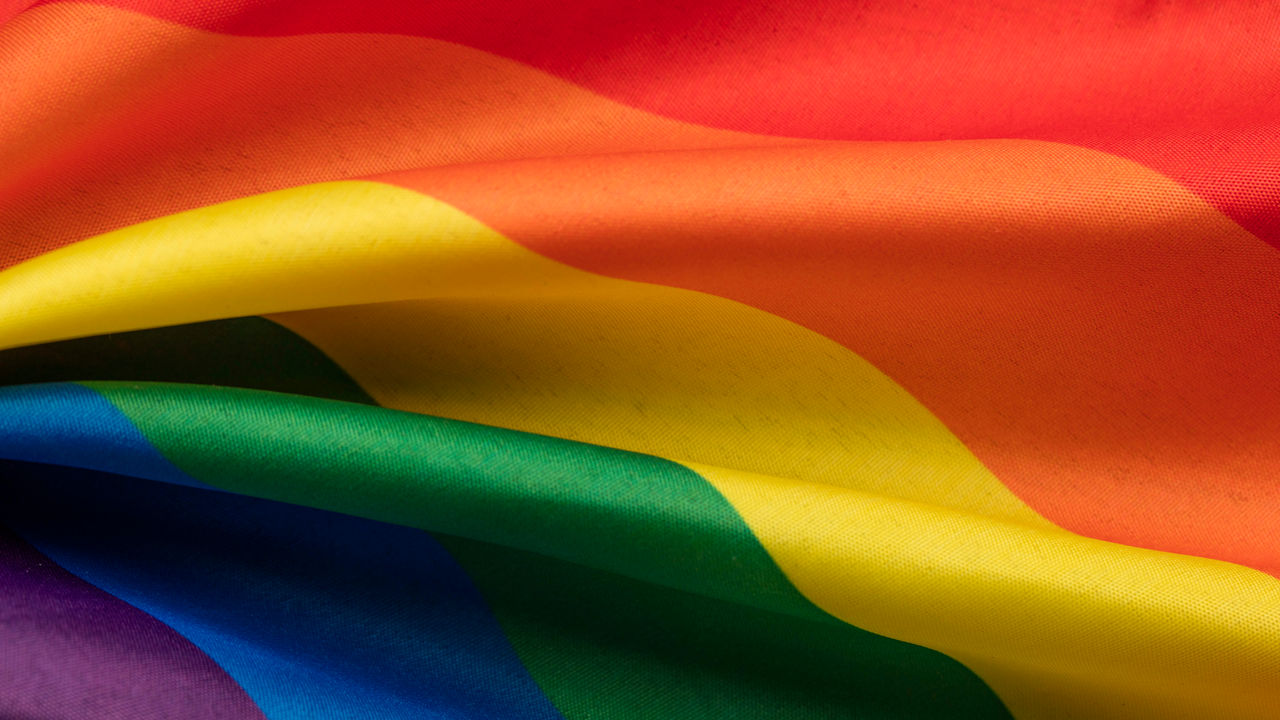The Supreme Court has agreed to decide whether Title VII of the Civil Rights Act of 1964 prohibits discrimination based on sexual orientation and gender identity. On April 22, the high court said it would hear three cases that address the extent to which Title VII protects lesbian, gay, bisexual and transgender (LGBT) individuals. We've gathered articles on these cases from SHRM Online and other trusted media outlets.
Federal Appellate Courts Disagree
Whether Title VII "bars employers from discriminating on the basis of sexual orientation and/or transgender status has been looming as a major question in the lower courts for the past few years," said Steve Vladeck, CNN Supreme Court analyst and professor at the University of Texas School of Law. Federal appellate courts have reached different conclusions when confronted with the issue. The high court will hear arguments next term and will likely issue an opinion in the middle of the 2020 election season. Conservative Justice Anthony Kennedy had sided with the liberal justices on LGBT issues in the past, but he retired last year. People will be watching how the conservative majority, and particularly Chief Justice John Roberts Jr. and newly-appointed Justice Brett Kavanaugh, approach the issues.
(CNN)
2nd Circuit: Title VII Bans Sexual Orientation Discrimination
In Zarda v. Altitude Express, the 2nd U.S. Circuit Court of Appeals decided in 2018 that Title VII, which bars sex discrimination, should be interpreted to prohibit sexual orientation discrimination. The plaintiff, now deceased from a skydiving accident, was a sky-diving instructor who told a female student when he was preparing for a tandem sky-dive that he was "100-percent gay." Her boyfriend complained about the comment, and the plaintiff claimed he was fired because he was gay. In deciding that Title VII prohibits sexual-orientation discrimination, Chief Judge Robert Katzmann wrote, "Since 1964, the legal framework for evaluating Title VII claims has evolved substantially." Katzmann noted that Title VII now included protections against discrimination based on sex stereotypes.
EEOC and DOJ Take Different Positions
In the 2nd Circuit case, the Department of Justice (DOJ) took a different stand from the Equal Employment Opportunity Commission (EEOC) on Title VII's scope. The EEOC asserted that Title VII prohibits discrimination based on sexual orientation. The Justice Department argued that it doesn't. The department noted that its stance contradicted the EEOC's but said that the EEOC is "not speaking for the United States and its position about the scope of Title VII is entitled to no deference beyond its power to persuade."
11th Circuit: Title VII Does Not Ban Sexual Orientation Discrimination
The 11th U.S. Circuit Court of Appeals ruled in 2018 in Bostock v. Clayton County, Ga., that binding court precedent says Title VII doesn't prohibit employers from discriminating against workers based on sexual orientation. The case involved a court child welfare services coordinator who alleged he was fired because he's gay.
6th Circuit: Title VII Prohibits Transgender Discrimination
Also in 2018, the 6th Circuit ruled in EEOC v. R.G. & G.R. Harris Funeral Homes Inc. that a funeral home unlawfully fired its director after he notified the owner he was transitioning from male to female. The funeral home's actions were not protected by the Religious Freedom Restoration Act (RFRA), the court decided. It found that the funeral home was not an overtly religious institution and that the plaintiff's job was not of a ministerial nature. The court also determined that Title VII prohibits transgender discrimination based on sex and sex stereotypes and that the funeral home and its owner's exercise of religion was not substantially burdened under the RFRA by EEOC enforcement.
[SHRM members-only toolkit: Employing Transgender Workers]
5th Circuit: Title VII Does Cover LGBT Discrimination
The 5th U.S. Circuit Court of Appeals has held that Title VII doesn't provide employment protection based on LGBT status. In 1979, the 5th Circuit ruled that Title VII doesn't prohibit employers from discriminating based on sexual orientation. And in February, the court said that the 1979 ruling also applies to claims based on transgender status. "Title VII prohibits sex discrimination, full stop," the court said. "And it applies the same rules to everyone without regard to sexual orientation or transgender status."
Companies Oppose Government Retraction of Transgender Rights
More than 50 companies want the U.S. federal government to uphold legal protections for transgender individuals, according to a recent letter opposing actions from the Trump administration to limit those protections. Amazon, Apple, Facebook and Google were among the companies signing the letter, which stated, "We oppose any administrative and legislative efforts to erase transgender protections through reinterpretation of existing laws and regulations." More than 80 percent of Fortune 500 companies have gender identity protections and two-thirds have transgender-inclusive health care coverage, they stated.
An organization run by AI is not a futuristic concept. Such technology is already a part of many workplaces and will continue to shape the labor market and HR. Here's how employers and employees can successfully manage generative AI and other AI-powered systems.




